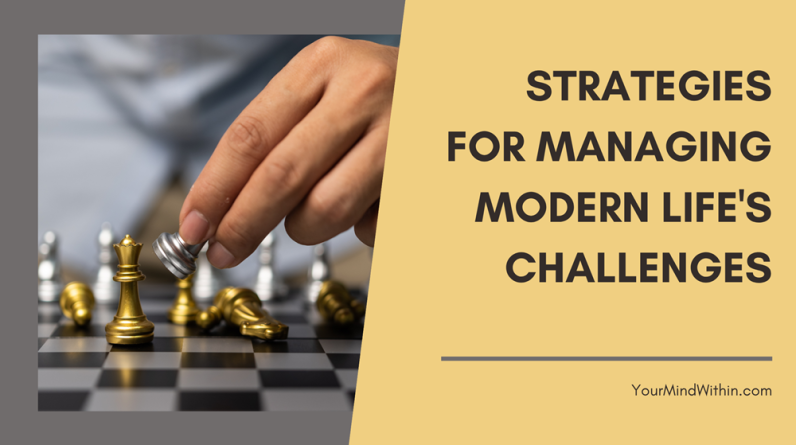
Poor sleep may come in different forms, like fragmented sleep or short duration sleep. If you don’t get enough good sleep, your brain will struggle to properly function.
Neurons in your brain need recuperation time after a busy day, and if they don’t get it, they become overworked and so are then less able to perform at optimum levels.
Short term effects of poor sleep on cognitive function can result from occasional all-nighters. But continuous problems occur if you have poor sleep over the long term.
Here are 5 ways poor sleep can affect cognitive function:
1.Poor sleep can cause you to have a poor attention span
Poor sleep can reduce your attention, processing and learning abilities.
According to the National Library of Medicine, poor sleep can even induce effects similar to those experienced when you’re drunk.
This slows down your reaction time and thinking, which includes your ability to work according to instructions you are given.
2.Poor sleep can affect your memory
When you are sleepy, you may misplace or forget things much more often than you otherwise would.
Your inability to focus, caused by poor sleep, weakens your memory further.
If you can’t concentrate on what’s in front of you, it will not commit to your short-term memory or subsequently your long-term memory, according to Allison Siebern, who is a Fellow at Stanford University’s Sleep Medicine Center.
3.Poor sleep can override your ability to think rationally
Your amygdala is the fear center of your brain, and alerts your body in dangerous times, to protect itself.
It puts your mind in fight or flight mode. With poor sleep, that portion of the brain goes into hyper-drive, which shuts down your brain’s pre-frontal cortex.
The pre-frontal cortex is vital in reasoning, making decisions and impulse control. It also will alert your brain whether something you see is “real.”
The pre-frontal cortex essentially controls your brain’s ability to rationally think. When your prefrontal cortex becomes overridden by the amygdala, reasoning and logic are severely hindered.
After only one night being deprived of good sleep, participants in an RMIT University, Australia study had difficulty in distinguishing whether other people’s facial expressions were non-threatening or threatening.
Poor sleep can impair your peripheral and central nervous system, which makes you perceive other people as threats, even when they are likely not threats.
4.Poor sleep may affect your moods and emotions
Cognitive processing is required in order for your brain to elicit responses with proper emotions.
Regular loss of sleep can increase the amount of time you experience negative moods, meaning you are more irritable. This can lead to relationship problems.
People whose sleep is affected enough that they are considered to have sleep disorders are more likely to experience depression.
If sleep problems are treated properly, this can help to reduce symptoms of depression.
5.Poor sleep can cause faulty function of the brain
After just one night with poor sleep, everyone has probably experienced lack of focus, short tempers, fatigue or mental fog.
When your brain can’t rest over longer time periods, your mental faculties can be drastically decreased.
Poor sleep impacts your ability to feel sharp and to learn and concentrate. It also affects your ability to solve problems and make decisions.
People who have poor sleep habits may have difficulties with motor skills, balance and reflexes, and are more likely to be injured.
Conclusion
Since the amount of sleep needed to function properly varies from one individual to the next, you can gauge whether you have gotten sufficient sleep by the way you feel the next day.
When you awaken in the morning, you should not feel sleepy.
You should have energy throughout the day and then wind down slowly as bedtime approaches.
Assess your abilities and your quality of life and determine whether you need to get more sleep, or healthier sleep.
References:
https://www.sleepfoundation.org/sleep-deprivation/lack-of-sleep-and-cognitive-impairment
https://www.webmd.com/sleep-disorders/features/emotions-cognitive
https://www.rmit.edu.au/news/all-news/2019/march/sleep-deprivation








